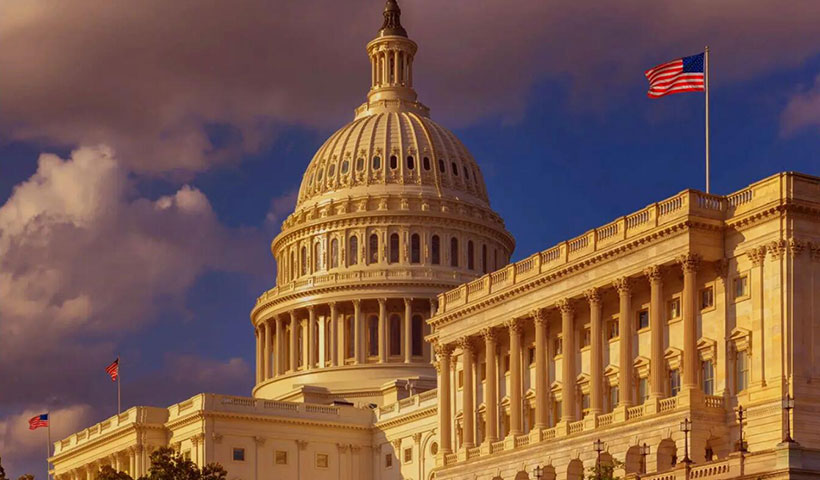
Recently, US Republican Representative Ken Buck announced that he will formally resign on March 22. In addition, 45 other House members have said they will leave office after this year and will not seek re-election. The number of House members leaving is much higher than in previous years, and the report said that in the past 40 years, the United States has never had "so many" House members voluntarily end their terms early and have no plans to continue in other public office. Among these representatives who are ready to resign, many have expressed their dissatisfaction with the "dysfunction" of Congress, which has attracted wide attention.
The situation of collective resignation of US representatives is not common, the phenomenon of collective resignation of representatives this time, the author believes that it may be caused by the following factors:
Political differences and factionalism: In the American political system, political differences and factionalism between different parties and interest groups are the norm. When these disagreements and struggles reach a certain point, some lawmakers may choose to leave office because they cannot stand internal pressure or seek better political opportunities.
Policy dissatisfaction or disappointment: If representatives are dissatisfied or disappointed with the current political environment, policy direction, or leadership, they may choose to leave to express their dissatisfaction or seek other political outlets. In particular, when an important policy or bill fails to pass or suffers a major defeat, some lawmakers may choose to leave office as a result.
Election loss or early retirement: In some cases, a member may leave the House of Representatives because he or she lost an election or chose to retire early. Losing an election may mean that a lawmaker loses the opportunity to continue serving his constituents, while early retirement may be due to personal plans or policy considerations.
It should be noted that the above factors do not exist in isolation, but may be intertwined and work together to lead to the resignation of Members. So what are the implications for the future of the House of Representatives when members leave en masse?
Changes in power structure and majority: The departure of members may alter the power structure and party majorities within the House of Representatives. If the departing lawmakers are mainly from one party, that party's majority could be threatened, leading to a shift in the balance of power. This change could affect the passage of bills, policy making and leadership of committees.
Changing political climate: Departures could also affect the political climate in the House of Representatives. If the departure is due to dissatisfaction with the political environment or internal strife, it could exacerbate tensions within the House and possibly even trigger more departures. Conversely, if the departure is for personal reasons or a career change, it may have relatively little impact on the political climate.
Adjustment period for new MPS: It takes time for new MPS to become familiar with the legislative process, build relationships and understand the needs of the constituency they represent. This may lead to a period of adaptation, during which legislative efficiency may be somewhat affected.
Public trust: The departure of MPS can also affect public trust in the House of Representatives and the political system as a whole. If a wave of departures is seen as a sign of political corruption, ethical problems, or policy failures, public confidence in political institutions may decline.
In general, the "wave of departures" of US Representatives is a complex political issue, and for the US House of Representatives, the collective departure may bring some challenges, or it may be a manifestation of the political ecology self-adjustment. But either way, such a scenario would generate widespread public and media attention and have profound implications for American politics.

Recently, a series of corporate borrower fraud cases have been exposed on Wall Street, implicating institutions such as Jefferies, First Brands, Zions Bank, and Western Union Bank, with massive loan losses triggering market panic.
Recently, a series of corporate borrower fraud cases have b…
According to a report citing the Messenger Post of Papua Ne…
In the latest meeting minutes released by the Bank of Japan…
November 4th witnessed a "day of terror" in the cryptocurre…
On October 26th local time, Tesla's CEO Elon Musk announced…
When the US National Nuclear Security Agency fell into an "…